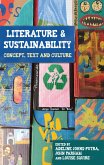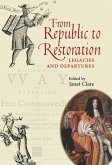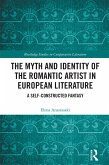Elias Canetti's 1935 novel "Auto-da-Fé" (original German title, "Die Blendung") has traditionally been difficult to interpret and the author's intentions in writing it have remained unclear. "Science Meets Literature" argues that "Auto-da-Fé" is a novel about human nature that illustrates the workings of the human mind and some universal aspects of human behavior and human social relationships. Canetti's insights anticipated later scientific discoveries made by cognitive, social and evolutionary psychology including the existence of "irrational" biases in human cognition (e.g., in perception, beliefs and decision-making); the strengths and limitations of human "theory-of-mind" skills (i.e., our ability to think about other people's minds and "read" them); the establishment, maintenance and reversal of dominance in social relationships between two individuals; and the role of dehumanization in harmful behavior. Canetti intended to warn against the conviction held by some intellectuals that human nature can be denied, controlled, ignored or dismissed. His approach in "Auto-da-Fé" was an original attempt at the integration of knowledge formation in sciences and humanities. He pointed the way for future successful attempts at the integration of evolution, cognitive science and literature, as well as for the broader integration of sciences and humanities.
Dieser Download kann aus rechtlichen Gründen nur mit Rechnungsadresse in A, D ausgeliefert werden.









